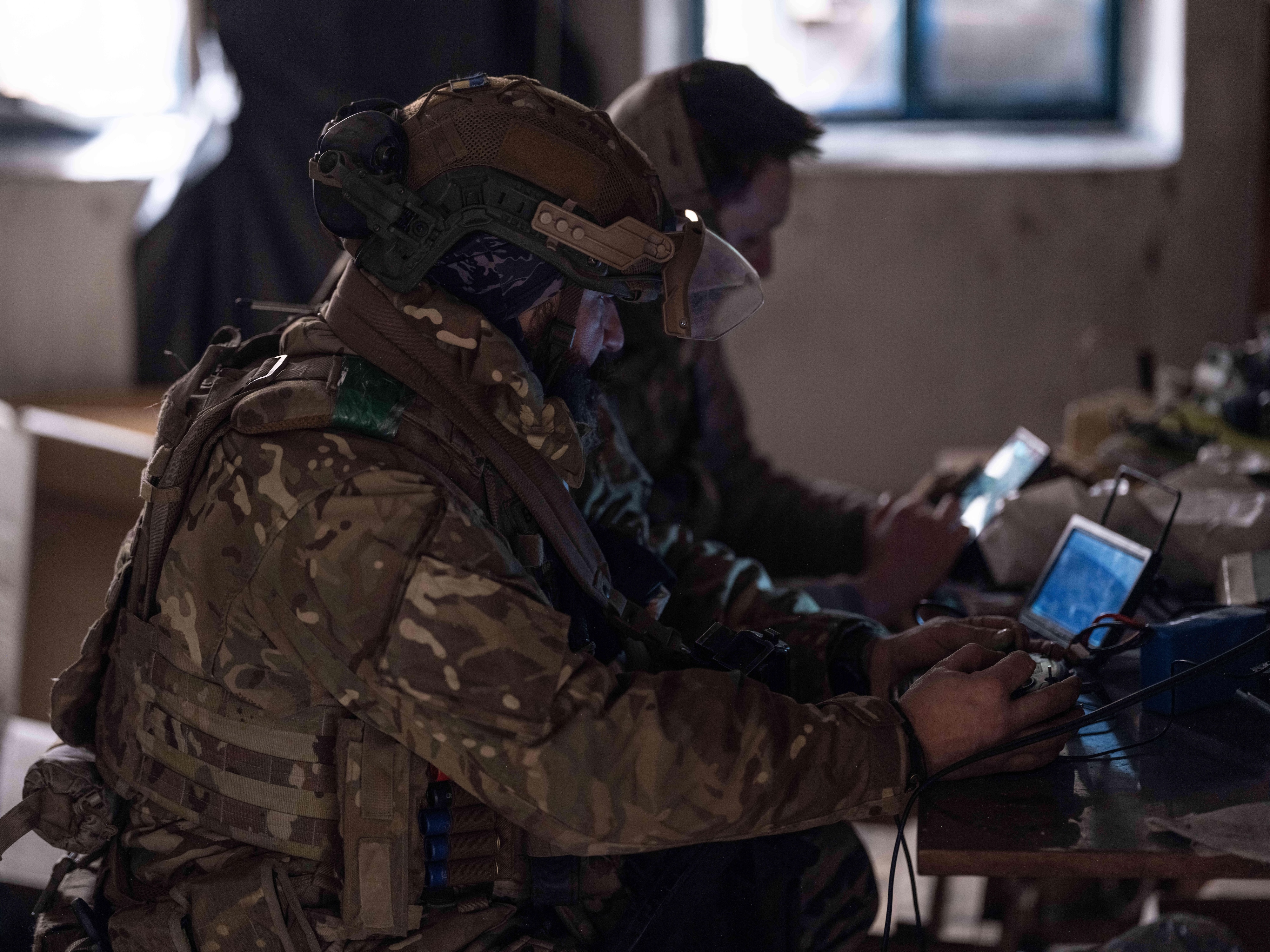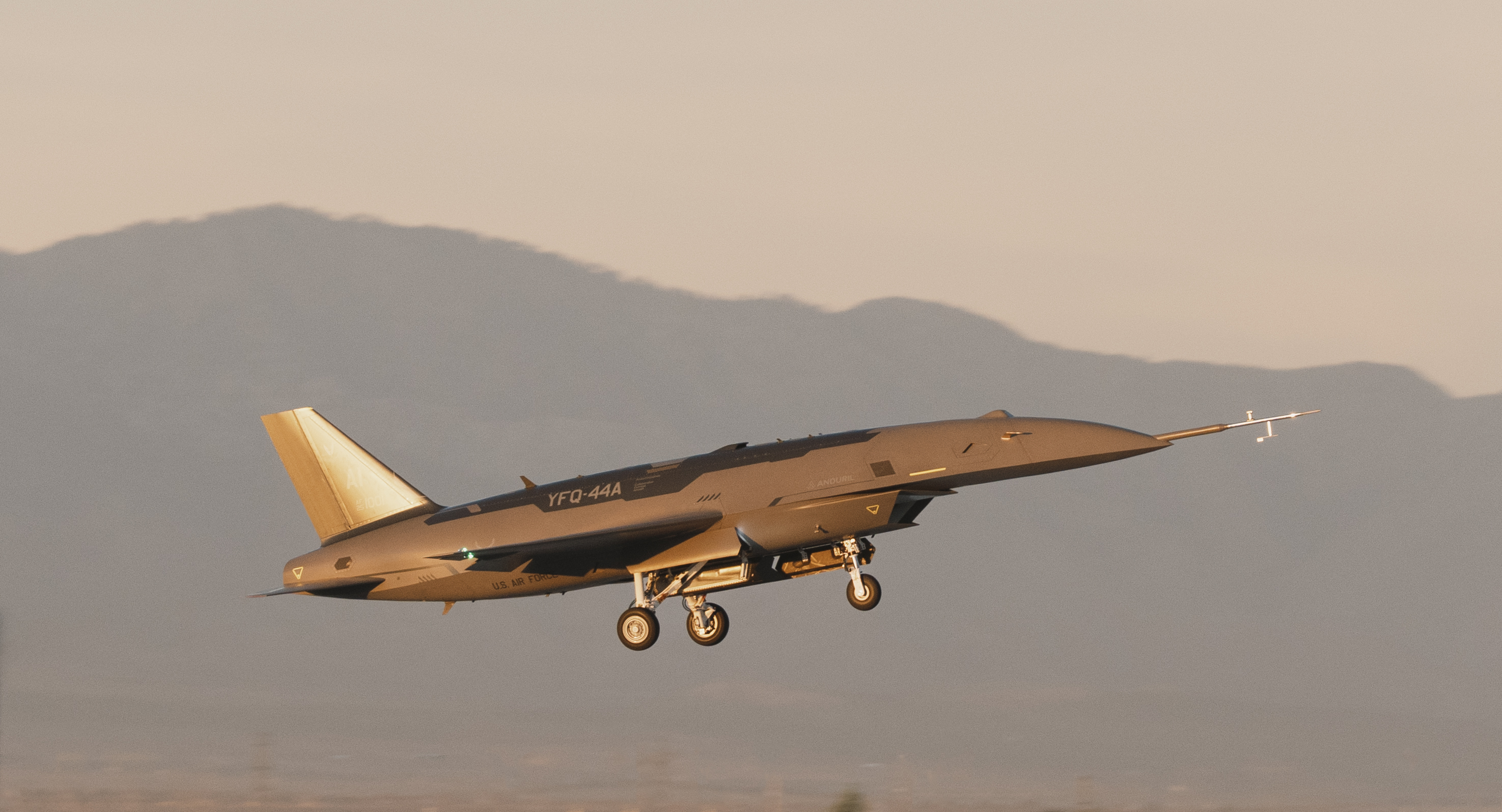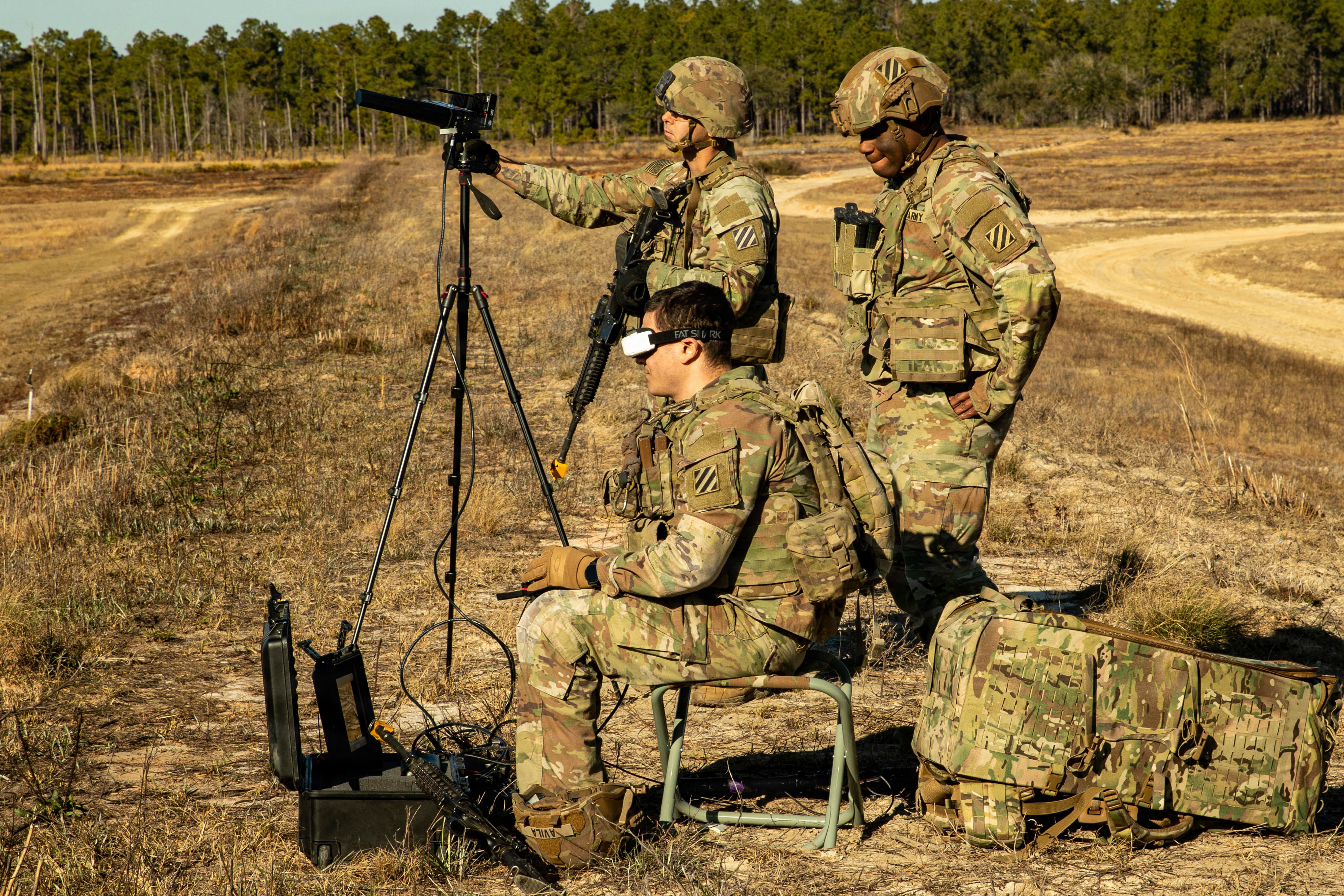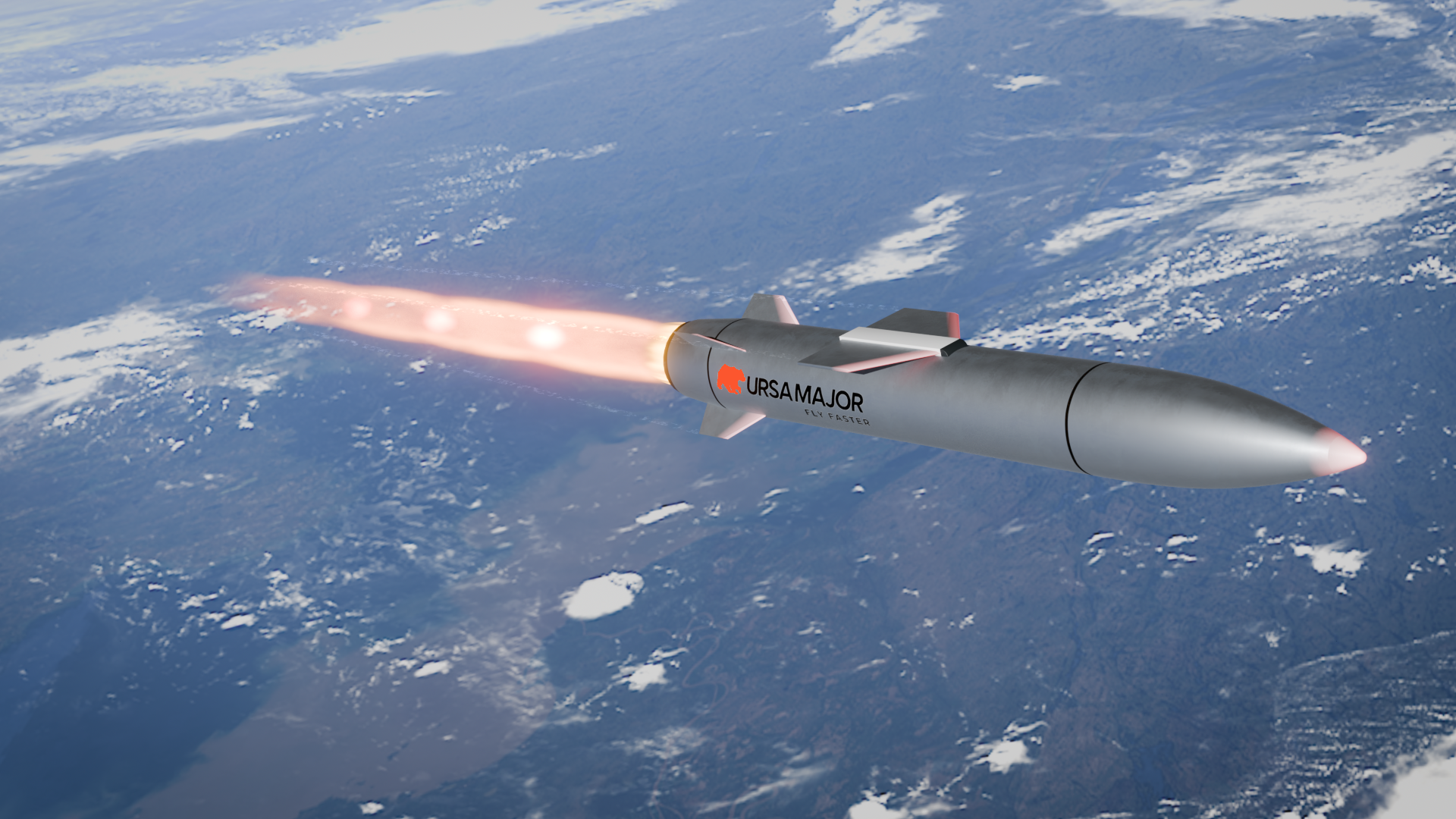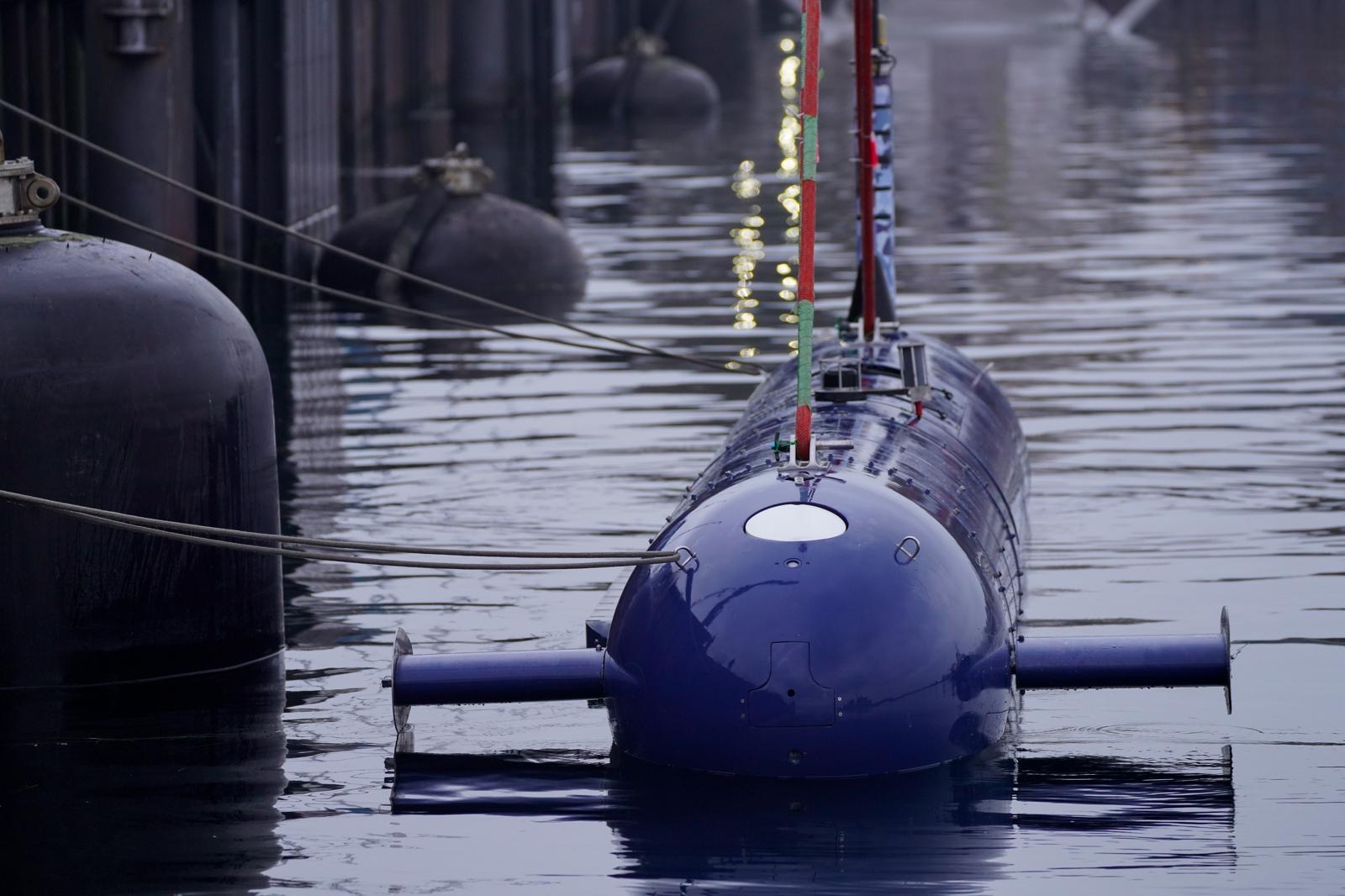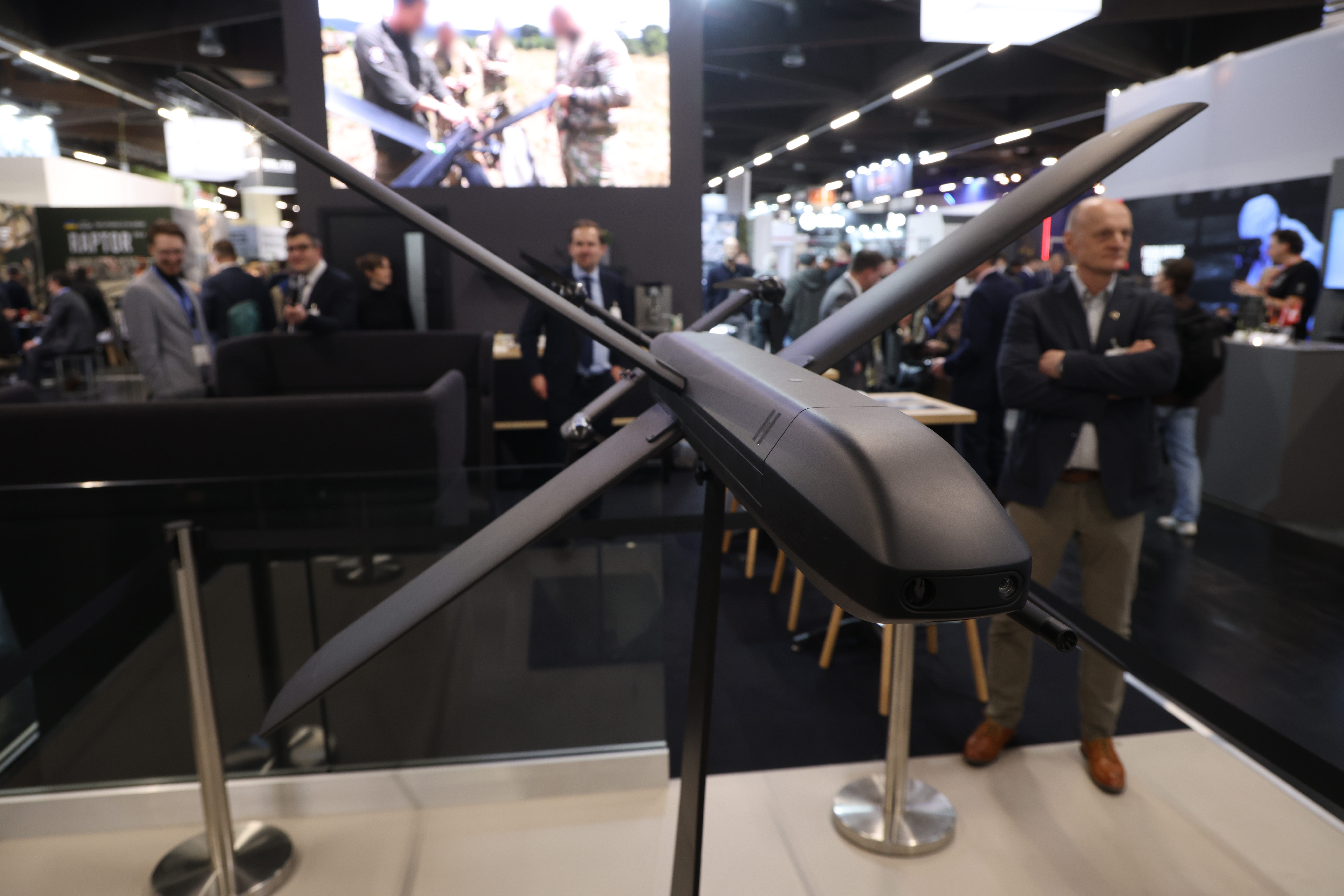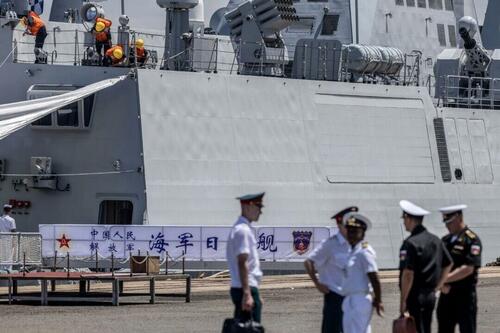
Exposing China’s Military & Media Push In Africa
Authored by Antonio Graceffo via The Epoch Times,
China’s growing control of African ports, particularly along the Atlantic, combined with deepening military ties and an aggressive propaganda campaign, poses an emerging threat to U.S. national security…
At a July 2025 Senate Armed Services Committee hearing, Air Force Lt. Gen. Dagvin Anderson warned that Africa is becoming a key battleground in global competition, with China, Russia, and terrorist groups posing increasing threats to U.S. national security.
Nominated to lead U.S. Africa Command, Anderson emphasized China’s shift from purely economic engagement to a growing military presence and aggressive information operations across the continent. He expressed particular concern over Chinese investments in African ports, especially along the Atlantic coast, which could be used to restrict U.S. access in times of conflict.
Chinese state-backed companies now have ownership stakes in roughly one-third of Africa’s 231 ports, with 78 facilities across 32 countries and a heavy concentration in West Africa, 35 compared to 17 in East Africa. Many of these ports have already been used by People’s Liberation Army Navy (PLAN) ships conducting military exercises. This expanding control includes major ports in Nigeria, Tanzania, and Namibia.
A strong Chinese presence in West African ports would significantly enhance the PLAN’s access to the Atlantic, bringing it inside the U.S. security perimeter, an area far more difficult to defend than the Pacific due to fewer islands and resupply points. Africa lies just 3,000 miles from the U.S. East Coast, roughly the same distance as New York to California, meaning a Chinese resupply base on the Atlantic coast could put submarines within striking range of New York, Washington, D.C., and Atlanta.
While Chinese nuclear submarines can stay at sea for extended periods, they currently lack the ability to resupply or take on provisions in the Atlantic. Establishing a base would solve that, enabling not only sustained deployments but also pre-positioning for intelligence collection, containerized missile rearming, and disruption of U.S. or allied operations.
Since 2000, PLAN vessels have made 55 port calls across Africa, including in West African nations such as Morocco and Mauritania, demonstrating China’s intent to expand its military use of these facilities. A Chinese foothold on the African coast would give the Chinese Communist Party (CCP) a powerful platform to influence global trade and project power across both sides of the Atlantic.
Beijing has already demonstrated its willingness to convert commercial ports into military infrastructure, as evidenced by its 2018 project in Djibouti, where the state-owned China Merchants Group constructed a PLAN-exclusive base adjacent to a commercial port. Seven additional African ports, spanning both the Atlantic and the West Indian Ocean, have been identified as likely candidates for future Chinese military use.
In addition to base building, China is rapidly expanding its military-to-military cooperation in Africa. In 2000, less than 5 percent of African weapons came from China. Today, Chinese-made armored vehicles are used by 70 percent of African militaries, making China the continent’s top arms supplier. Officer training has followed a similar trend: from under 200 African officers trained in China at the turn of the century to more than 2,000 today.
Since 2006, China has conducted 20 joint military drills with African forces, steadily increasing in scale and sophistication, most notably the August 2024 land and sea exercises with Tanzania and Mozambique, and recent joint air force drills with Egypt. The following month, Beijing pledged a 1 billion yuan military grant to support African armed forces, train 6,000 personnel, and host 500 young officers for joint training, patrols, and exercises.
To make its expanding military presence in Africa more palatable, the CCP relies heavily on a coordinated propaganda campaign aimed at reshaping African perceptions. Through state-controlled media platforms such as CGTN and Xinhua, partnerships with local news outlets, journalist training programs, and satellite networks such as StarTimes, the Chinese regime promotes an image of itself as a generous, non-interfering partner, while subtly undermining the United States.
These efforts are part of Beijing’s broader “media warfare” strategy, which includes offering free or low-cost international content to African newsrooms and funding media exchanges and seminars. The China-Africa Press Center places African journalists in Chinese newsrooms for 10-month rotations where they report on CCP activities, reinforcing pro-Beijing narratives. Increasingly, the CCP relies on African journalists as the faces of its messaging, a shift from the 1990s, when Chinese reporters dominated the coverage. This tactic gives Chinese propaganda an air of local authenticity.
From ports to military training to propaganda, the CCP is working methodically to undermine the United States and achieve maritime parity. Africa has become a staging ground for Beijing’s long-term strategic ambitions, encompassing the military, economic, and ideological spheres. Unless the United States responds with a coherent counterstrategy, it risks losing critical access and influence not only in Africa but also across the Atlantic.
Views expressed in this article are opinions of the author and do not necessarily reflect the views of The Epoch Times or ZeroHedge.
Tyler Durden
Sat, 08/02/2025 – 08:10

ZeroHedge News
[crypto-donation-box type=”tabular” show-coin=”all”]
